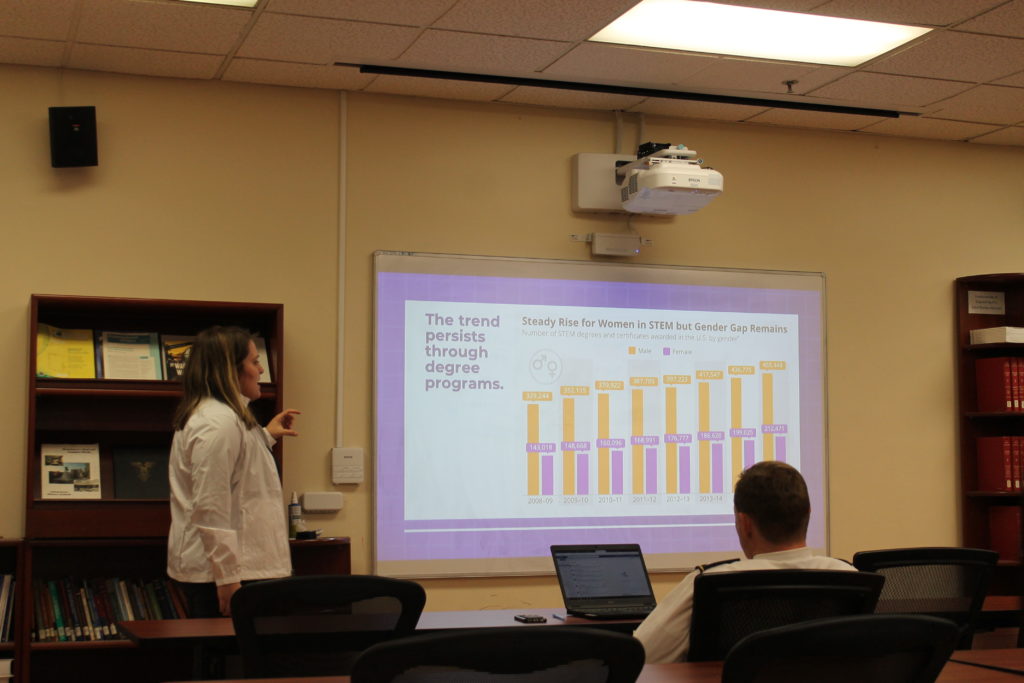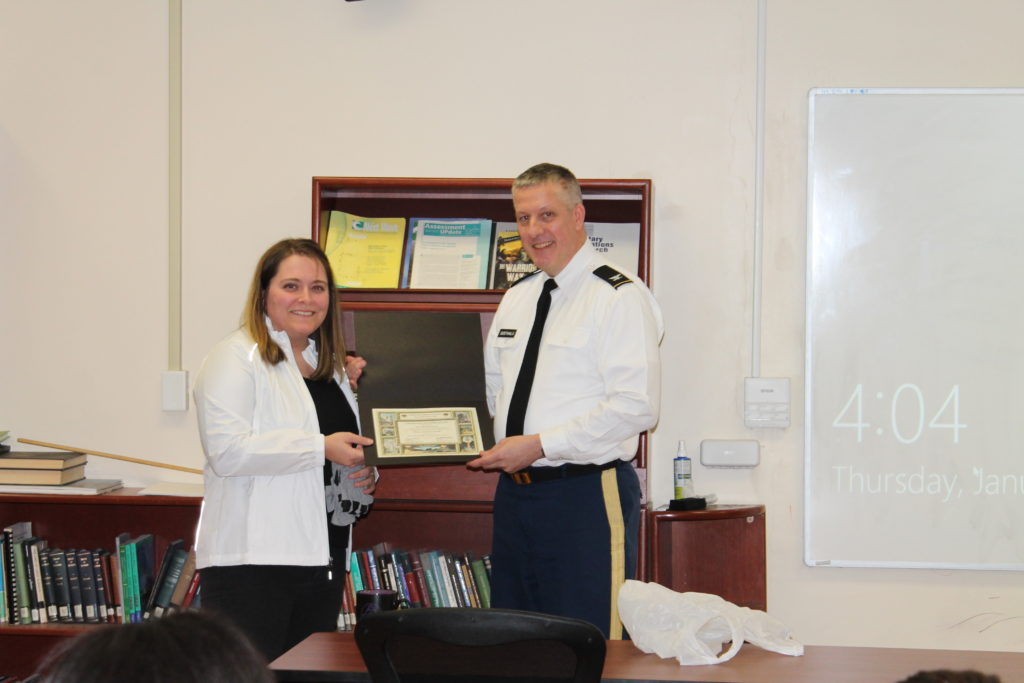We’re starting off 2020 stronger than ever, with new initiatives to help make subjects ranging from cryptocurrency through financial literacy accessible to everyone. These efforts are part of BitIRA’s dedication to empowerment through knowledge.
BitIRA U connects individuals with financial and crypto literacy resources
Through BitIRA U, we’ve been collaborating with educators and experts around the country: at public schools, universities, museums, conferences, rising startups, industry experts, and even major research institutes.
We’ve been comparing notes on the major challenges facing the industry and the types of action needed to continue driving progress forward, from facilitating retirement savings through cryptocurrency mass adoption. We’ve been capturing some of these discussions in our Innovators in Crypto series, but there are many more conversations being had—and so many that need to be had, to dig deeper into both the problems as well as the solutions.
We’re current preparing new content to help address some of the issues that came up in all of our conversations, including the need to identify reliable resources on topics that include cryptocurrency, blockchain, and retirement savings.
BitIRA Guest Lecture at West Point – What’s keeping women from fields like crypto?
Our Content Manager, Andrea Pretorian, has been leading efforts to investigate the barriers to entry for women in cryptocurrency and blockchain as well as the greater STEM community at large.
This past January, BitIRA was invited to lecture at the U.S. Military Academy at West Point. The Academy’s Department of Mathematical Sciences, in conjunction with the Army Cyber Institute, holds a faculty development workshop which seeks to address any issues relevant to making the classroom work better for students. West Point’s unique program is not only rigorous for students, but also demands maximum faculty engagement.
As part of the program, every student (“cadet”) who successfully graduates from West Point receives a Bachelor of Science degree; and so, although there are over forty different majors offered, every graduates emerges with a strong foundation in mathematics. This means that every cadet who passes through the program must pass math; unlike at other colleges where struggling or math-averse students can realign onto a different path, West Point cadets have to make it through. To do this, professors must make absolutely certain that each cadet remains on-track for success and masters all topics covered.
While the small class size (eighteen students or less) helps with student-faculty engagement, the range of backgrounds, abilities, and individual circumstances entering the classroom can create a vast range of challenges that faculty must rapidly diagnose and overcome.
Because of this, West Point faculty are extremely interested in learning anything that can inform their approach to teaching, helping them be more proactive and rendering their classrooms more effective. There was also interest from the Center for Leadership and Diversity in STEM.
Our lecture was attended by many faculty members, who were all keen to know more and engage with the subject.

BitIRA Presents on Women in Crypto and STEM
In her talk, Andrea reviewed where current studies have brought us in understanding where the differences between male and female engagement with STEM subject starts. She then explained some possible solutions that can be effected to start tackling this problem, starting with self-awareness in communication. From the self’s internal monologue through the role of instructor, it is critical to stay aware of how opportunity and success are handled with words.
After sharing some of the existing data and work on the subject, Andrea led a Q&A discussing the current work already published, and speaking to some steps that can already be taken to start making STEM a more welcoming educational environment. The West Point faculty reflected on their own classrooms and experiences, and together the group workshopped some actions items while also brainstorming where more research would be most helpful.
Later, some one-on-one meetings with cadets as well as with faculty helped further stoke the fire of pending collaboration between West Point and BitIRA. Stay tuned to discover what research and data insights we will be assembling together!
At the end of the talk, Colonel Paul Goethals, Research Program Director and Academy Professor of the Mathematical Sciences, presented Andrea with an honorary certificate for the presentation.

West Point Awards BitIRA Certificate of Achievement
We’ll keep posting major updates on this blog as our efforts continue to grow throughout 2020, so keep checking in!






